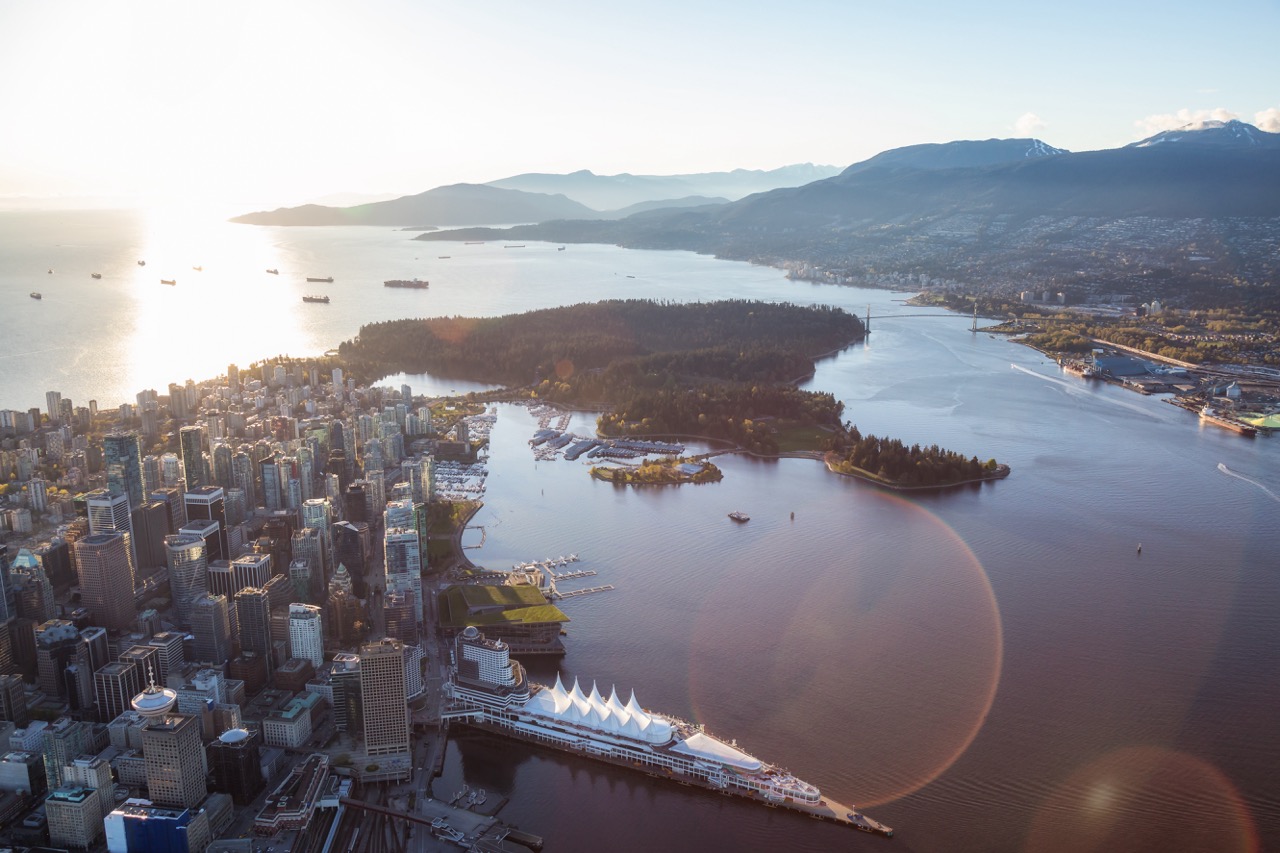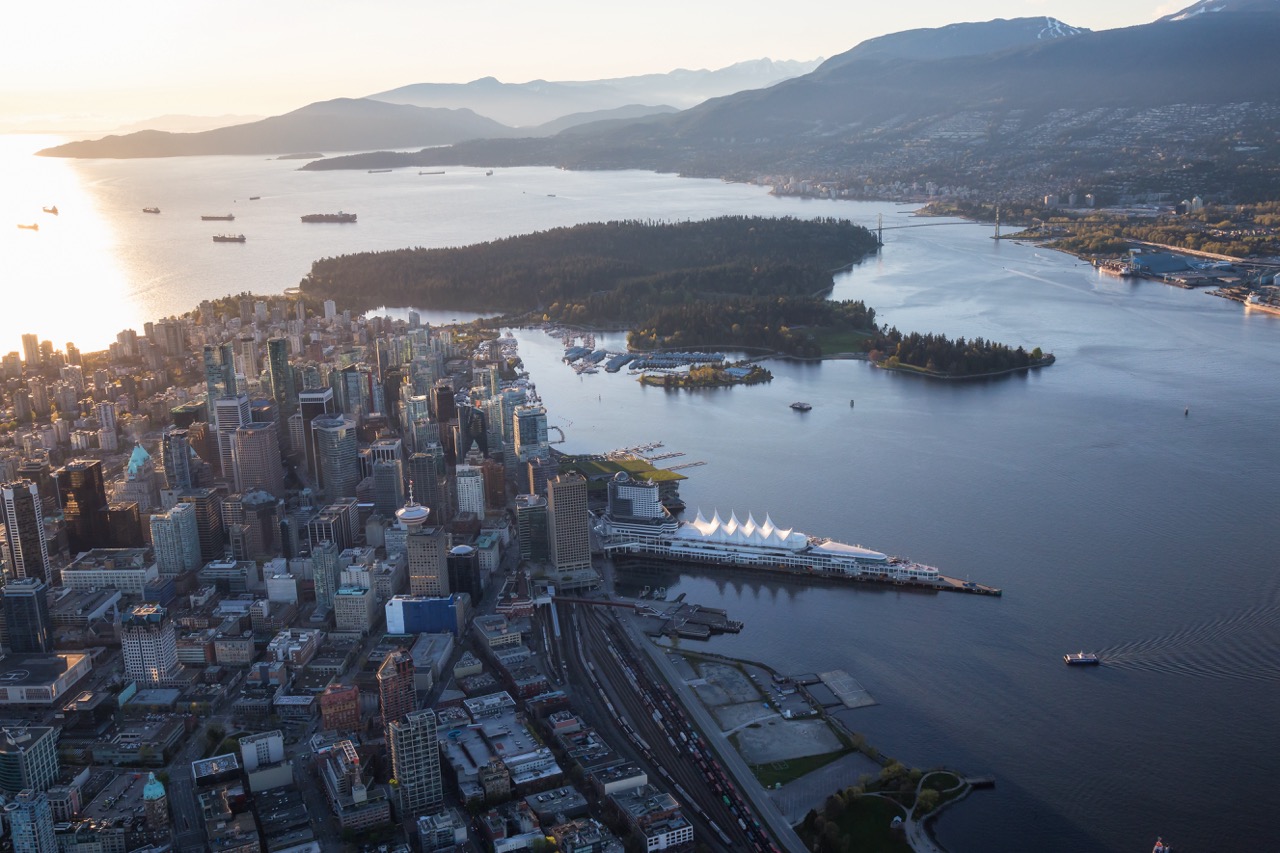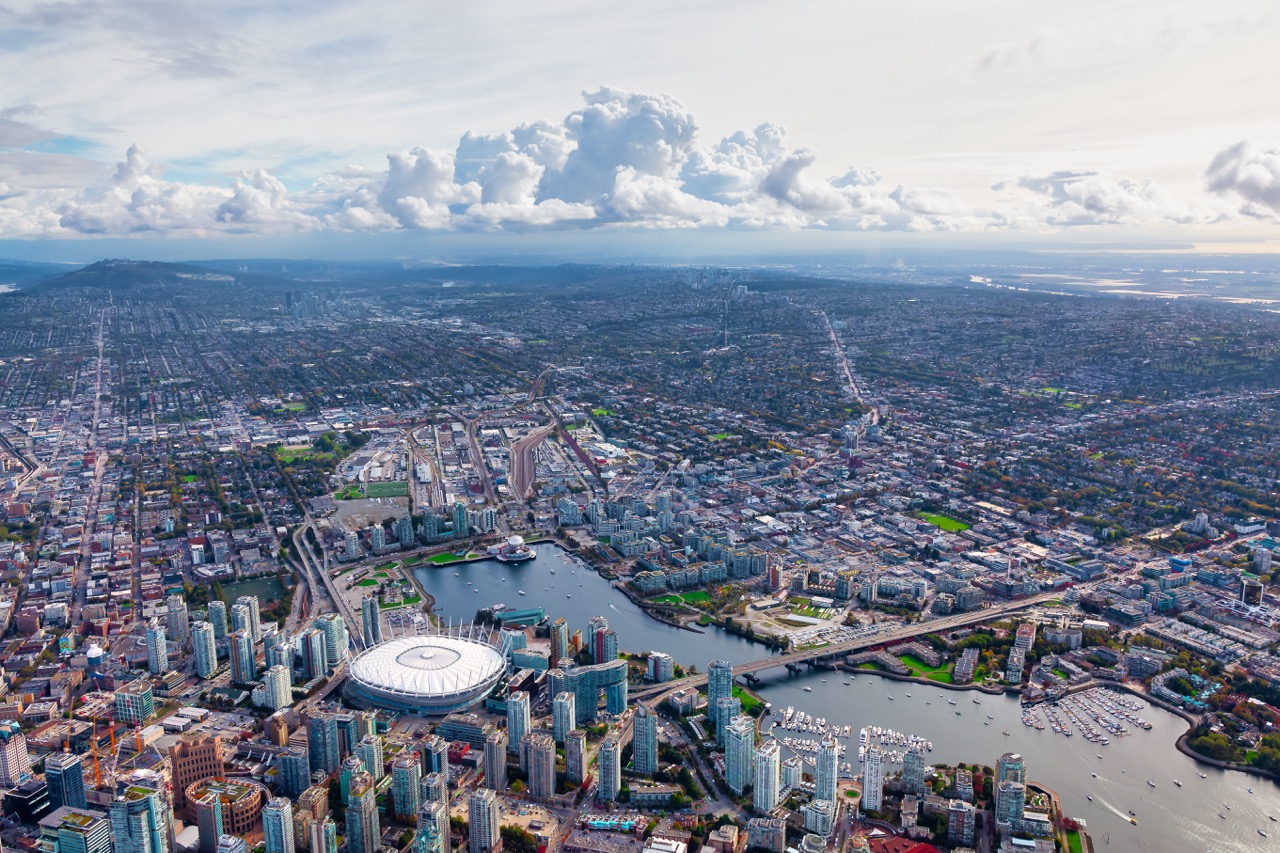British Columbia (BC), a province nestled on the Pacific coast of Canada, is renowned for its stunning natural landscapes, diverse ecosystems, and vibrant cultural heritage. As tourism continues to be a significant economic driver, the importance of sustainable tourism practices has emerged as a critical focus for the province. Sustainable tourism aims to balance the needs of visitors, the economy, and the environment, ensuring that the natural beauty and cultural richness of British Columbia can be preserved for future generations. This article delves into the various aspects of sustainable tourism in BC, examining its practices, economic impacts, environmental challenges, visitor engagement, and future trends.
Understanding Sustainable Tourism in British Columbia’s Context
Sustainable tourism in British Columbia is characterized by a holistic approach that integrates environmental, social, and economic sustainability. Given BC’s rich biodiversity and First Nations’ cultural significance, the concept of sustainability here extends beyond mere resource management; it encompasses the protection of cultural identities and community well-being. The provincial government, along with various organizations, has established guidelines and policies aimed at promoting responsible tourism practices that respect both the environment and local communities.
The unique geographical features of British Columbia, ranging from coastal rainforests to mountain ranges, make it an attractive destination for tourists. However, these natural assets are vulnerable to the impacts of mass tourism, which necessitates a shift towards more sustainable models. By fostering an understanding of sustainable tourism, BC aims to create a framework where tourism can coexist harmoniously with the environment and local lifestyles.
Moreover, collaborative efforts between stakeholders, including the government, Indigenous communities, and the tourism industry, are vital in shaping a sustainable tourism landscape. This collaborative approach not only enhances the sustainability of tourism practices but also promotes inclusivity, ensuring that the voices of Indigenous peoples and local communities are heard and integrated into tourism development plans.
Key Practices Driving Sustainable Tourism Initiatives Here
A range of innovative practices has been adopted in British Columbia to drive sustainable tourism initiatives. One prominent method is the implementation of eco-certification programs that recognize and promote businesses adopting sustainable practices. These certifications encourage operators to minimize their environmental footprint, conserve energy, and utilize local resources, ultimately fostering a culture of responsibility among tourists and businesses alike.
Additionally, the province has embraced community-based tourism, which emphasizes the involvement of local communities in tourism planning and operations. This model not only empowers residents but also enables them to share their cultural heritage with visitors in a meaningful way. By prioritizing community input and collaboration, tourism in BC can help preserve unique local traditions while simultaneously creating economic opportunities for residents.
Another key practice is the promotion of low-impact transportation options, such as cycling, public transit, and walking tours. By encouraging visitors to explore the province using these methods, BC aims to reduce carbon emissions and alleviate congestion in popular tourist areas. These practices not only contribute to environmental conservation but also enhance the overall visitor experience by allowing tourists to engage more deeply with their surroundings.
Economic Impact of Sustainable Tourism on Local Communities
The economic impact of sustainable tourism in British Columbia is significant, as it contributes to job creation and enhances local economies. By prioritizing sustainability, BC attracts a growing number of eco-conscious travelers, who are more likely to spend on local products and services. This influx of responsible tourists can lead to increased revenues for small businesses, which often rely on tourism as a primary source of income.
Furthermore, sustainable tourism practices encourage the development of new industries centered around environmental conservation and cultural experiences, such as guided nature tours, organic farming, and artisan crafts. These industries not only diversify local economies but also create employment opportunities, particularly for marginalized groups and Indigenous populations. As a result, sustainable tourism has the potential to play a crucial role in reducing poverty and enhancing community resilience in the face of economic fluctuations.
Moreover, sustainable tourism contributes to the overall well-being of local communities by fostering a sense of pride and ownership among residents. When communities benefit directly from tourism-related activities, they are more likely to invest in preserving their cultural heritage and natural resources. This symbiotic relationship between tourism and community development not only uplifts local economies but also ensures that the unique character and identity of British Columbia are safeguarded for future generations.
Environmental Challenges Faced by British Columbia’s Tourism
Despite the positive impacts of sustainable tourism, British Columbia faces several environmental challenges that threaten its natural landscape. Climate change poses a significant risk, resulting in altered weather patterns, increased wildfires, and shifting ecosystems. These changes can impact both the tourism industry and the natural attractions that draw visitors to the province, necessitating adaptive measures to protect these vital resources.
Overtourism in certain areas is another pressing issue. Popular destinations such as Whistler and Victoria have experienced surges in visitor numbers, leading to overcrowding and pressure on infrastructure. This phenomenon can result in environmental degradation, as sensitive ecosystems struggle to cope with the influx of tourists. Addressing overtourism requires a strategic approach that includes visitor management, promoting lesser-known destinations, and encouraging off-peak travel to alleviate pressure on popular sites.
Additionally, the impact of tourism on wildlife and habitats must be considered. Increased human activity can disrupt natural behaviors and lead to habitat loss for many species. Sustainable tourism initiatives must prioritize responsible wildlife viewing practices and habitat protection to ensure the long-term survival of BC’s diverse flora and fauna. By addressing these environmental challenges, British Columbia can work towards a more resilient and sustainable tourism model.
Visitor Awareness and Engagement in Sustainable Practices
Visitor awareness and engagement play a crucial role in promoting sustainable tourism in British Columbia. As the province seeks to educate travelers about the importance of responsible tourism practices, various campaigns have been launched to encourage environmentally friendly behaviors. These initiatives emphasize the need for visitors to respect local cultures, minimize waste, and adhere to Leave No Trace principles when exploring natural areas.
One effective approach has been the incorporation of sustainability information into tourism marketing materials and visitor centers. By providing resources on local conservation efforts, cultural etiquette, and sustainable activities, BC empowers visitors to make informed choices during their travels. This not only enhances the visitor experience but also fosters a sense of responsibility towards the environment and local communities.
Engagement can also take the form of volunteer tourism, where visitors participate in conservation projects during their stay. This hands-on approach allows tourists to connect more deeply with the environment while contributing to the preservation of natural and cultural resources. By actively involving visitors in sustainable practices, British Columbia can cultivate a sense of stewardship that extends beyond their trip, encouraging them to become advocates for responsible tourism in their own communities.
Future Trends in Sustainable Tourism for British Columbia
The future of sustainable tourism in British Columbia is poised for growth, driven by an increasing global awareness of environmental issues. As travelers become more conscious of their impact on the planet, demand for eco-friendly experiences is expected to rise. This trend presents an opportunity for British Columbia to position itself as a leader in sustainable tourism, attracting eco-conscious visitors while protecting its unique ecosystems and cultural heritage.
Technological advancements will also play a crucial role in shaping the future of sustainable tourism. Innovations in transportation, accommodation, and visitor management can enhance the efficiency and sustainability of tourism practices. For instance, the use of smart technology to monitor visitor flows can help mitigate overtourism in sensitive areas, ensuring that natural resources are preserved for future generations.
Moreover, the integration of Indigenous knowledge and practices into tourism development is likely to become more prominent. As awareness of the importance of Indigenous stewardship grows, BC can leverage its rich Indigenous heritage to create unique, culturally immersive experiences for visitors. By fostering partnerships with Indigenous communities, sustainable tourism in British Columbia can promote cultural preservation and economic empowerment, ensuring that the benefits of tourism are shared equitably.
In conclusion, sustainable tourism in British Columbia represents a critical intersection of environmental stewardship, economic development, and community engagement. As the province navigates the complexities of tourism and its impacts, the commitment to sustainable practices will determine the future of its natural and cultural assets. By fostering collaboration among stakeholders and promoting awareness among visitors, British Columbia can pave the way for a responsible tourism industry that respects and preserves its unparalleled landscapes and rich heritage. The ongoing evolution of sustainable tourism in BC will not only contribute to local economies but also ensure that future generations can experience the beauty and diversity that this remarkable province has to offer.





